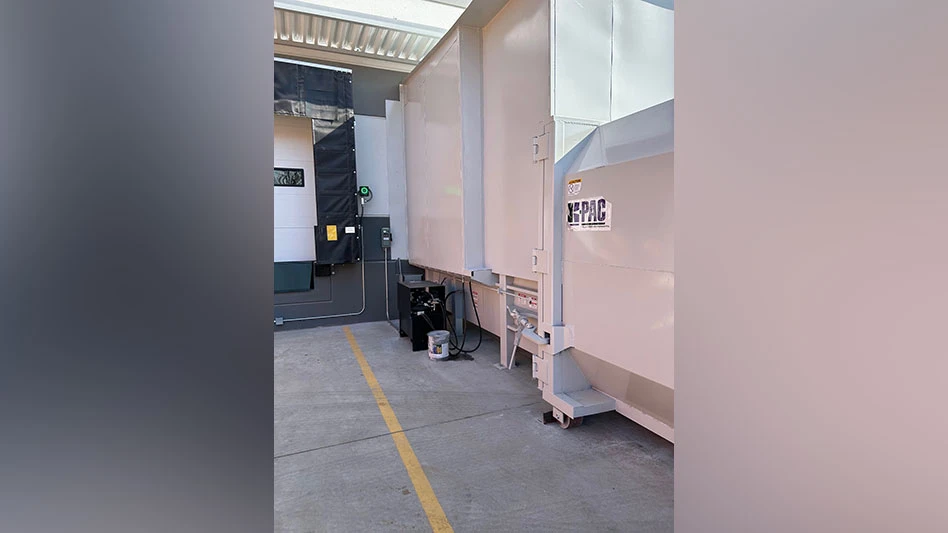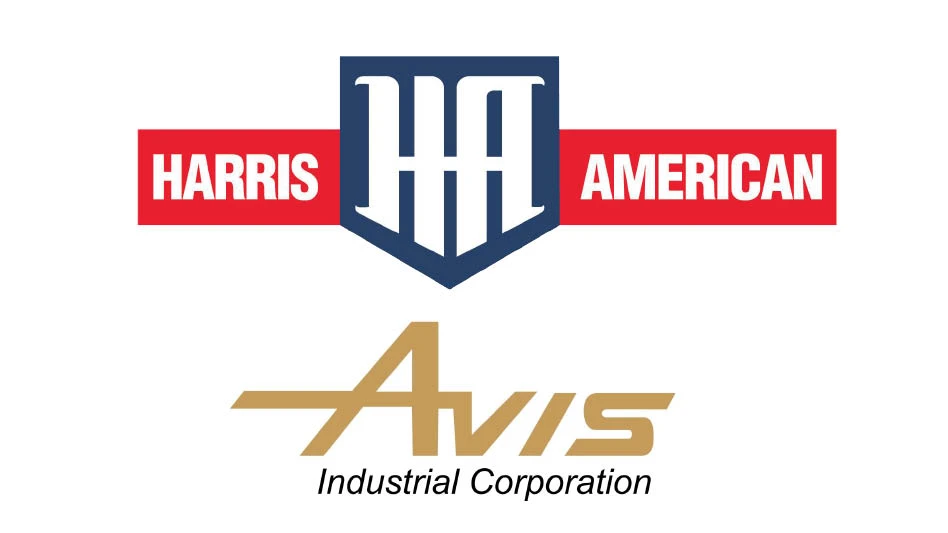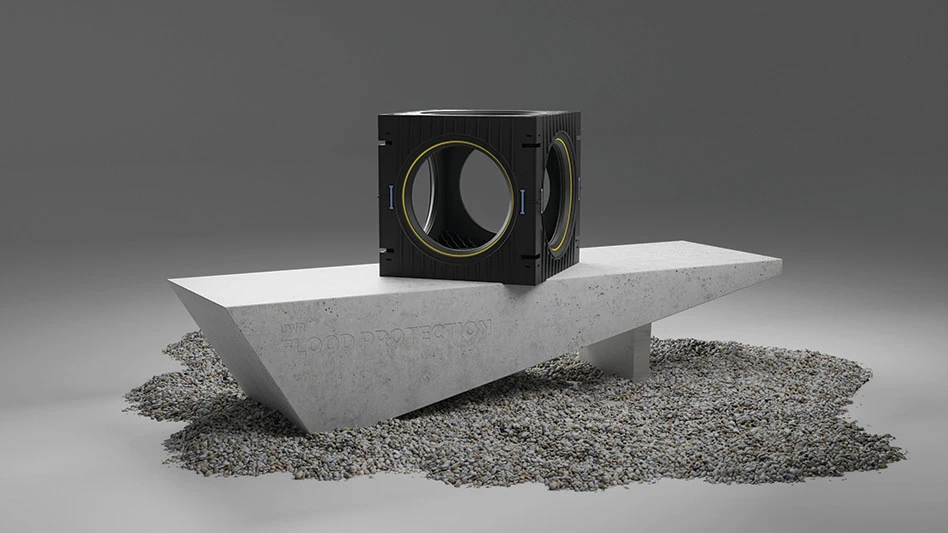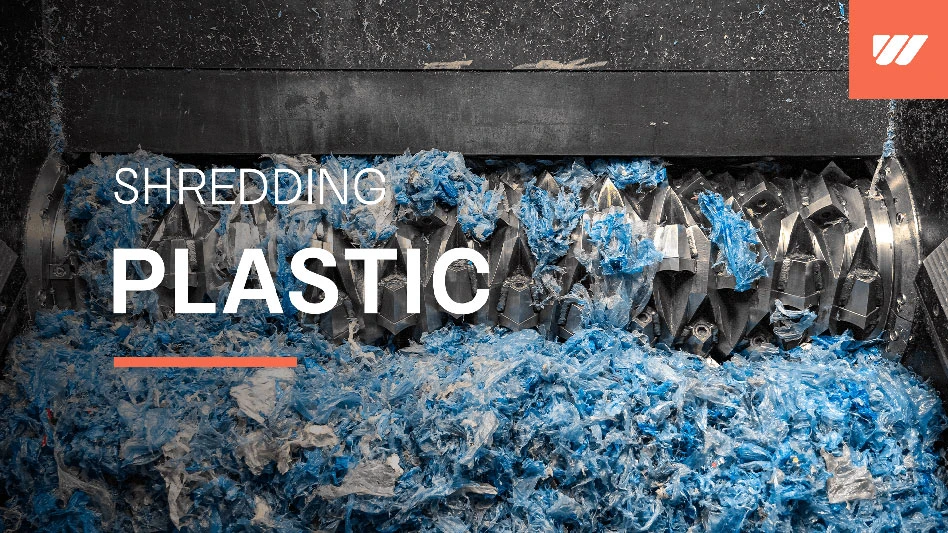Oregon DEQ Revises Plastic Container Recycling Rate
The Oregon Department of Environmental Quality (DEQ) has announced that new information shows that the plastic container recycling rate in the state topped 25 percent in 2005, meeting the state’s mandated goal.
To discuss the recalibration of the recycling level, the state DEQ held a meeting April 30 in Portland.
Based on the revised information, the DEQ is changing the recycling rate to slightly greater than 25 percent. The initial report, released in December of 2006, had the rigid plastic container level at 24.3 percent in 2005.
According to a state law, any rigid plastic container sold in Oregon must meet at least one of the following three criteria:
• Contain at least 25 percent recycled content;
• Be made of plastic that is recycled in Oregon at a rate of at least 25 percent; or
• Be reusable (refillable for at least five times).
Earlier this year the DEQ reported that rigid plastic container recycling was expected to fall to less than 25 percent in 2007. However, the agency now says that two issues have helped boost plastic container recycling levels in the state: a significant increase in the amount of plastic containers recycled in 2006, as reported to DEQ this spring by recycling processors in their annual material recovery surveys; and an increase in the number of cities expanding recycling collections and moving from bins to roll-carts, which has increased rigid plastic containers collected.
Because the recycling rate did not fall below 25 percent, recycling related requirements on some companies’ plastic packaging, such as using recycled plastics in their containers using plastics that have a higher recycling rate, will not come into play.
Sancon Partners with Cleanaway
Sancon Resources Recovery Inc., Melbourne, Australia, has begun handling and processing packaging material from several facilities in Australia. The company is working in collaboration with Cleanaway, an Australia-based waste management firm.
Sancon’s program includes establishing collection centers for plastic bags and plastic packaging at shopping centers in Australia.
Cleanaway, with more than 65,000 commercial customers and 87 municipalities in Australia, is the country’s largest waste management operator.
"Packaging represents the largest single sector of plastics use in developed Western nations. The sector on average accounts for 35 percent of plastics consumption, and 61 percent of the total plastic waste is packaging, which typically has a ‘life’ of less then 12 months," says Jack Chen, CEO of Sancon. "Through our system, we ensure this waste can be properly captured and processed."
Canadian Group Endorses Voluntary Goals
A spokesman for the Canadian Plastics Industry Association (CPIA) has stated that the plastics industry supports the voluntary goal of reducing plastic shopping bags in Ontario, which was recently announced by Ontario’s Environment Minister.
"Manufacturers have been working with retailers, municipalities and other partners for many years to promote the wise use of plastic shopping bags, and we welcome this initiative because it will help accelerate our efforts," says Serge Lavoie, president and CEO of the CPIA.
Another key initiative would be to boost the collection for recycling of plastic bags, which a survey shows is endorsed by 70 percent of Ontarians who say they would take part in in-store recycling programs.
European PVC Recycling Jumps
Recent figures show that PVC recycling within Europe more than doubled last year from the previous year.
According to Vinyl 2010, the group that coordinates the PVC industry in Europe, around 83,000 metric tons of PVC were recovered and recycled last year, more than twice the recycling figure for the previous year.
Sponsored Content
Redefining Wire Processing Standards
In nonferrous wire and cable processing, SWEED balances proven performance with ongoing innovation. From standard systems to tailored solutions, we focus on efficient recovery and practical design. By continually refining our equipment and introducing new technology, we quietly shape the industry—one advancement at a time.
Vinyl 2010 Secretary General Jean-Pierre De Grève says transparency and a commitment from the whole industry are essential to successful self-regulation. "The publication of the Vinyl 2010 Progress Report today shows our determination to deliver on both," he adds.
In addition to the increase in PVC recycling, last year saw the complete phase-out of lead-based stabilizers in drinking water pipes in most European Union countries.
Many of Vinyl 2010’s projects have been integrated into Recovinyl, a program that provides financial support for the recycling of PVC scrap collected by waste management companies and the construction and demolition sector.
The progress report is available for download at www.vinyl2010.org.
Nebraska DEQ Awards $1.8 Million for Tire Recycling Projects
The Nebraska Department of Environmental Quality (DEQ) has announced awards of $1.8 million to assist with 93 tire recycling and cleanup projects in the state.
The grants are part of the Waste Reduction and Recycling Grants program that the DEQ administers. The grants support the collection of scrap tires and the purchase of new tire-derived products.
According to Mike Linder, director of the Nebraska DEQ, the money will help to clean up nearly 840,000 scrap tires through amnesties, reimburse individuals and organizations for crumb rubber and equipment purchases and help prevent public health and environmental problems by eliminating tire piles.
The state will hold 41 scrap tire "Amnesty Day" collection sites in 48 locations throughout Nebraska and has awarded $856,000 to help with the effort to clean up more than 8,400 tons of scrap tires from individuals, farms and businesses. The tires will be converted into crumb rubber for playground surfaces, running tracks and artificial turf surfaces.
A full list of grant recipients is available online at www.Recycling
Today.com.
Get curated news on YOUR industry.
Enter your email to receive our newsletters.

Explore the June 2007 Issue
Check out more from this issue and find your next story to read.
Latest from Recycling Today
- Eureka Recycling starts up newly upgraded MRF
- Reconomy Close the Gap campaign highlights need for circularity
- Nickel carbonate added to Aqua Metals’ portfolio
- EuRIC, FEAD say End-Of-Life Vehicle Regulation presents opportunity for recyclers
- Recyclers likely to feel effects of US-China trade war
- BCMRC 2025 session preview: Navigating battery recycling legislation and regulations
- Yanmar Compact Equipment North America appoints new president
- LYB publishes 2024 sustainability report








